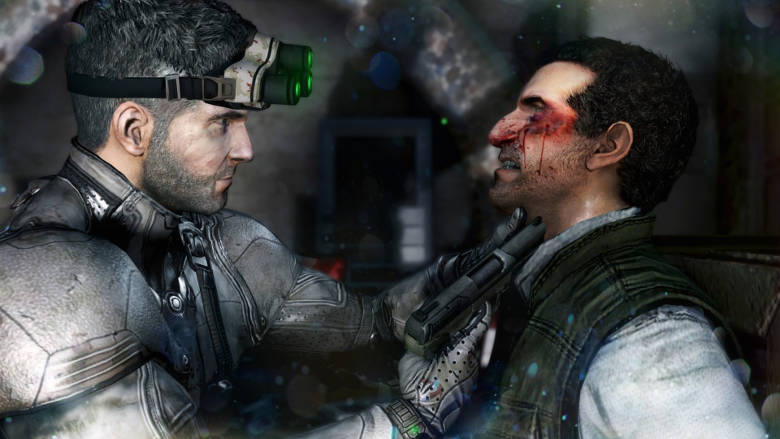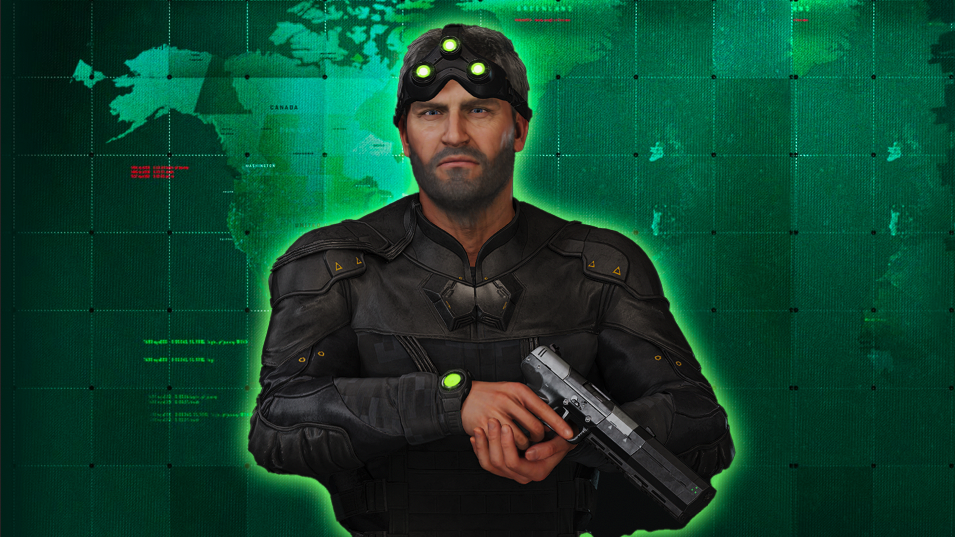

This new group under the command of Sam Fisher is called Fourth Echelon (original?), And consists of several members, including some faces known as Anna Grímsdóttir or Victor Coste. ?… draws inspiration from other games and transforms the way Sam Fisher is presented… ? With the end of Third Echelon, a new anti-terrorist unit is created to which American President Patricia Caldwell grants full operational authority.


Old Sam will once again be at the forefront of responding to this threat, only he is a different Sam and very distant from the “lone wolf” you may remember. I am not going to dwell on the intentions of this group, just to mention that they seem determined to take their operation forward, referring to it as “the Blacklist”. The beginning is somewhat timid, it still takes a little while for the game to get us under control, but we quickly become aware of the importance of the situation, when a devastating attack on an American military base appears, carried out by a group called “the engineers”. Different games use different ways to get around this “limitation”, the Splinter Cell series is known for the method of offering gadgets of various types so that the player chooses the approach for each challenge, combining it with his style of play.īlacklist keeps the focus on the same principles that made the franchise famous, but it draws inspiration from other games and transforms the way Sam Fisher is presented to the world, to the point of having had several moments when I thought I was playing Mass Effect. The main problem is that stealth is a game of patience, strategy and improvisation, something that players face in different ways. When the first Splinter Cell emerged as an Xbox exclusive, the clever use of shadows and the tricks that Sam Fisher brought to the table separated the game from a common action title is true, even nowadays, we often see games that reward a stealthy approach, but never making it central. I never liked the term “furtive game”, in fact, rarely the use of this type of mechanics is sufficiently prevalent to justify its definition as a genre. Three years have passed since the last game in the Tom Clancy’s Splinter Cell series, one of the most acclaimed of the so-called “stealth games”.


 0 kommentar(er)
0 kommentar(er)
